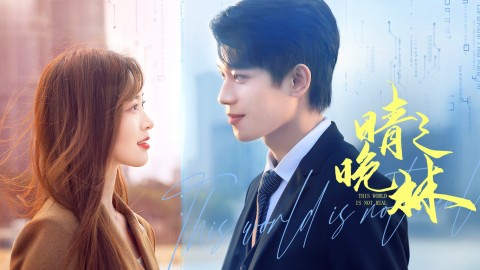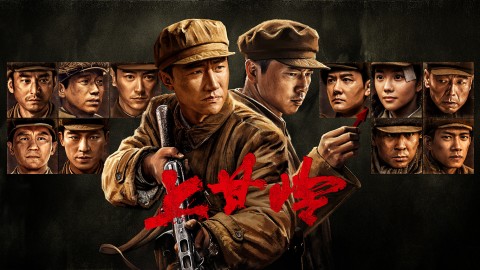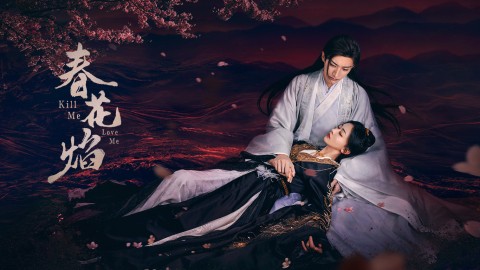Lightseeker: The Story of the Young Mao Zedong - A Revolutionary Historical Drama with Gripping Storytelling
Revolutionary historical dramas have stood the test of time in the Chinese drama market, captivating audiences with their portrayal of weighty historical events on screen. "Lightseeker: The Story of the Young Mao Zedong" is a typical tribute drama that depicts the journey of Mao Zedong from 1918 to 1921, fearlessly facing various challenges and seeking truth as he transforms from a passionate youth into a Marxist.
Within the short span of three years, numerous stories and dramatic twists unfold. Based on the first four episodes that have been aired, the series exhibits a compelling narrative with the potential to become a blockbuster hit.
The drama delves into the details of these three years, particularly focusing on Mao Zedong's pursuit of progress and truth amid the waves of his time. The opening scenes are grounded and realistically portrayed. When Mao Zedong decides to help a woman in a predicament, he encounters a tragic outcome as the woman, Chunhua, commits suicide by hanging herself after being rescued, leading her mother to blame the people who saved her.
Through this incident, Mao Zedong finally realizes that his individual efforts are not sufficient to help a greater number of people, and his inner aspirations have nowhere to manifest. Enraged by such cruelty, Mao Zedong unites more students for a protest march and demands justice in front of the governor's office.
Under pressure, Zhang Jingyao is forced to execute the murderer, marking a preliminary success. Whether portraying righteous or villainous characters, Wang Zhifei effortlessly handles his roles. Initially expected to play an antagonist in "Lightseeker: The Story of the Young Mao Zedong," he surprises viewers by embodying the character of Cai Yuanpei, the President of Peking University, with a dignified presence from the moment he appears on screen.
Wang Zhifei's portrayal of Cai Yuanpei in the drama showcases distinct traits: decisiveness combined with gentleness, an air of an erudite scholar, and an unwavering commitment to principles, earning admiration. Unexpectedly, Dong Yong takes on the challenge of playing a villainous role in the series, that of warlord Zhang Jingyao.
This character is ruthless, impulsive, and reckless in his actions. In one scene, when he assumes power in Hunan, he displays his authority by ordering his subordinates to kill those who defy his commands. In the drama, a young Mao Zedong is filled with joy and gratitude upon seeing his student friend, "Yadan," and his father coming to bid him farewell.
Deeply moved by their gift of freshly made stinky tofu, Mao Zedong humbly bows to express his gratitude. However, when Yadan's father is killed by Zhang Jingyao's henchmen, Mao Zedong is shocked and becomes uncontrollably angry, vehemently condemning such behavior. The actors in the drama deliver exceptional performances, with the collaboration between young actors and seasoned professionals providing different perspectives and ensuring the quality of "Lightseeker: The Story of the Young Mao Zedong."
After watching just four episodes, I am completely hooked. What are your thoughts on this drama?


